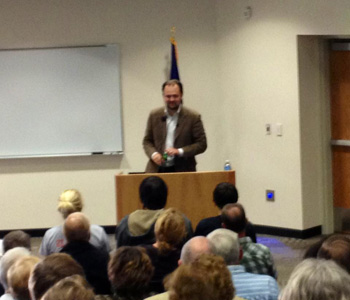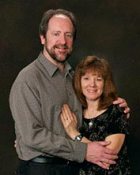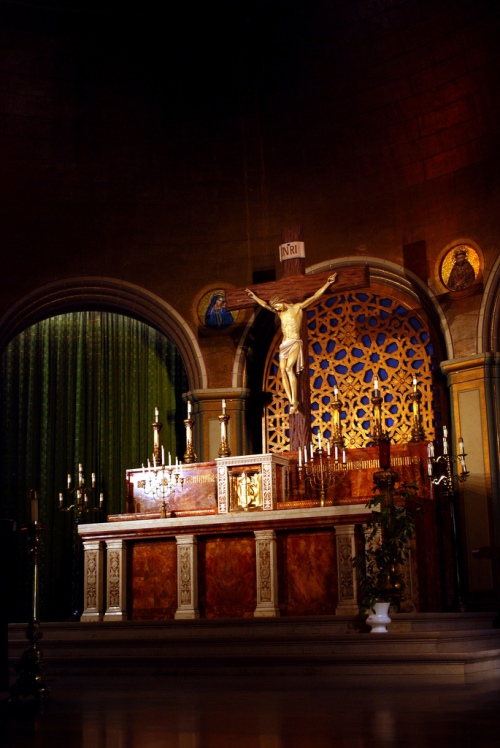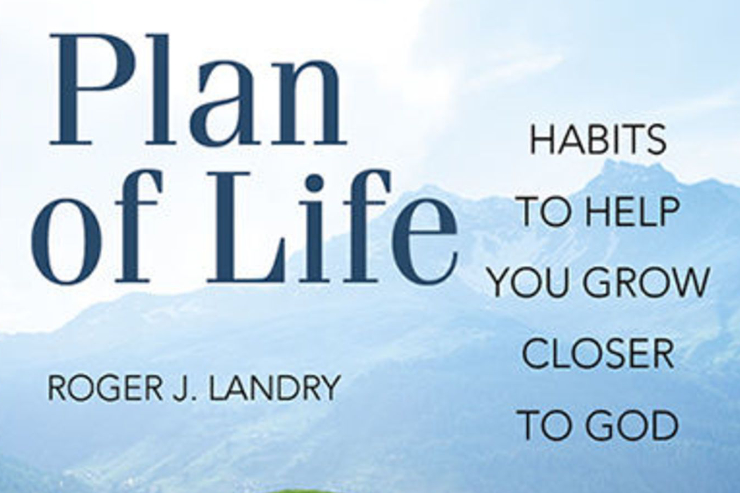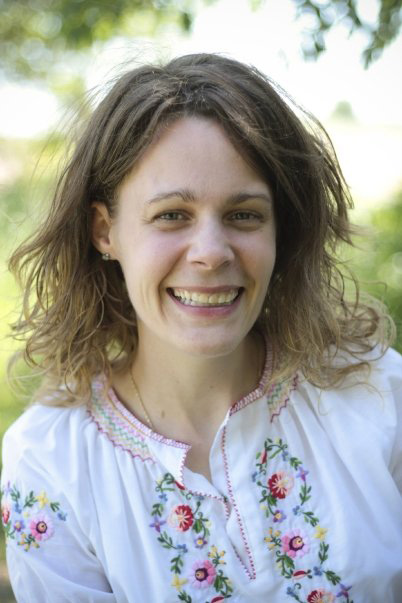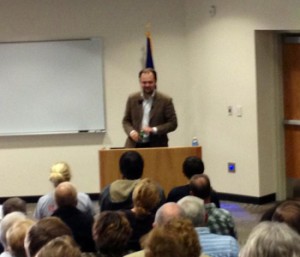
Ross Douthat
It is not often that Bismarck sees two nationally prominent men visit on the same night. Such was the case when my wife Patti took son Isaac to see Dr. Ray Guarendi (from The Doctor is In fame) and I went out to hear New York Times columnist Ross Douthat at the Butler Center at the University of Mary.
Ross Douthat joined The New York Times as an Op-Ed columnist in April 2009. Previously, he was a senior editor at the Atlantic and a blogger for theatlantic.com. His most recent book is “Bad Religion: How We Became a Nation of Heretics” (Free Press, 2012). He is also the author of “Privilege: Harvard and the Education of the Ruling Class” (Hyperion, 2005) and the co-author, with Reihan Salam, of “Grand New Party: How Republicans Can Win the Working Class and Save the American Dream” (Doubleday, 2008). He is the film critic for National Review. A native of New Haven, Conn., he now lives in Washington, D.C. Here is a link to his blog.
Douthat began his talk with how he was raised Episcopalian and at age 16 his mother converted to Catholicism. That eventually led to his conversion a year later. There were other twists and turns to other forms of Christianity, New Age and more before Douthat was firmly on the road he is now.
Douthat is apparently not alone in switching faiths. He cited Pew research that shows Americans actually do quite a bit of church hopping before settling into one form of worship. And unlike in past generations in Americans today there is a great deal more debate not of which form of worship is best, rather whether God even exists at all. Well-known atheists pepper the airwaves and social media sites and say, “There is no God.”
Douthat reminded the audience of the Christopher Hitchens notion that religion is bad because “religion poisons everything in society.” Some would profess it is the other way around because society is poisoning what was once considered sacred: life and God’s laws. The society we live in today has voted into existence laws that run completely contrary to the tenets of many faiths. There are more who openly profess that they do not believe in God in America today according to Douthat. Where it was once around 2 percent of the population, now in America it may be around 3-5 percent of unbelievers, or, at the top end as many as 15 million people.
Douthat does not believe that America has entered the post-Christian, pagan world as some writers have professed. That somehow Christianity will be eventually written off after 2,000 years of existence. He believes, though, that American Christian culture is vastly different compared to America in the post World War II era. “The 1940s and 50s was the high tide of Christianity in America,” said Douthat. “Church construction, the number of those attending worship services on Sundays was on a steep onward curve after World War II until the 1960’s.”
Indeed the 50’s and 60’s was a time of Bishop Fulton Sheen having the top-rated television show and Billy Graham filling stadiums. “So how did Catholicism lose its influence? Most of it sadly was self-inflicted,” postulated Douthat. As Americans became more affluent we became less concerned about our faith lives. Even the two major political parties practiced a different faith, so to speak, back in the civil rights battles. In the 1950’s and 60’s, southern Democrats did not want to see an end to the Jim Crow system that enslaved millions and kept them from voting. It was President Eisenhower (Republican) who integrated the military in the 50’s and it was not until 1964 that President Johnson (Democrat) joined with more Republicans than Democrats to sign the historic voting and civil rights legislation.
Today many view both parties as belonging to different wings of Christianity in America said Douthat. More Republicans self-identify as conservative and they belong to more conservative churches. More Democrats say they are liberal and attend services where contraception, abortion, homosexual marriage are tolerated. More atheists self-identify with the Democratic Party as well.
As a result of this polarization between liberal/conservatives, Republicans/Democrats, Liberal Christians/Traditional Christians, Douthat is not optimistic about our future in the near term. He predicts a rough 20 -50 years ahead. Will it be as difficult as it was in the past for many Christians when they were thrown to the lions during the early Christian church? “The challenges that Christians face today are in many ways are easier than the challenges of the early Church in Roman times” when there were many martyrs. It is easy to fall into the lure of “modern” values and the new society we live in. How we get out of the mess we are in now is not clear, what is clear is how we got here in Douthat’s talk about how we became a nation of heretics.
— with Ross Douthat at University of Mary.
Visit Mark’s Facebook timeline.
Please help us in our mission to assist readers to integrate their Catholic faith, family and work. Tell your family and friends about this article using both the Share and Recommend buttons below and via email. We value your comments and encourage you to leave your thoughts below. Thank you! – The Editors

